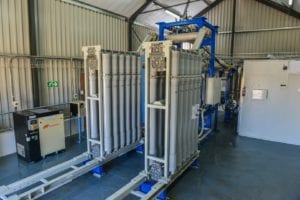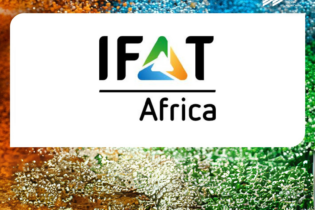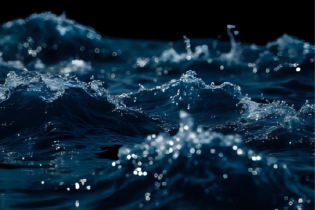The growing issues of freshwater scarcity in many parts of the world are encouraging more wastewater reuse ideas, which all depend on effective filtration.
The process of reusing water involves screening it to remove suspended solids, microbiological particles, inorganic salts and microorganics before disinfecting the by-product. Ultrafiltration (UF) has emerged as a more cost-effective water pretreatment solution to remove microbiological particles, as well as finer suspended solids prior to passing through reverse osmosis (RO) membranes, in the process preventing fouling. The UF process is also known for its ability to effectively remove viruses, bacteria and protozoa that could cause an immediate health risk. For more than two decades, Cape Town-based company Quality Filtration Systems (QFS) has trusted Memcor CPII UF technologies for pretreatment in RO, recently installing three wastewater reuse plants in South Africa – two in the Western Cape and one in KwaZulu-Natal. The Beaufort West facility in the Western Cape is a 2.3 MLD direct reclamation plant for drinking purposes. Memcor CPII UF membranes were installed to remove all total suspended solids (TSS) before feeding the treated water to a two-stage RO skid. Permeate from the RO is further treated by ultraviolet (UV) light and hydrogen peroxide as an advanced oxidation step before being distributed. This plant has proved to be reliable and efficient, requiring minimal maintenance.







